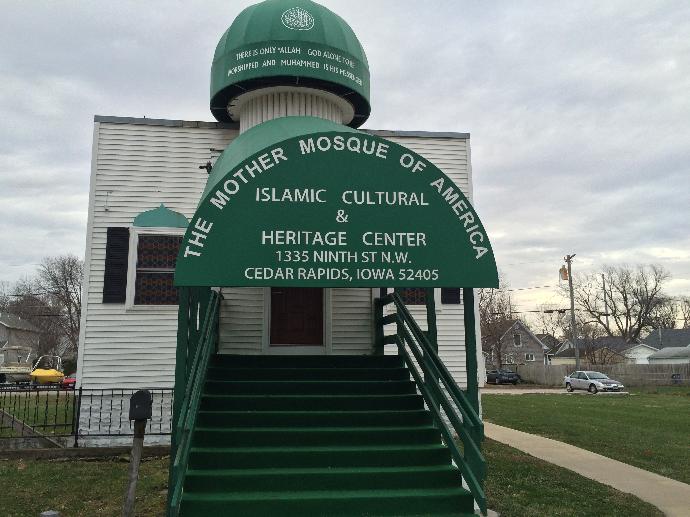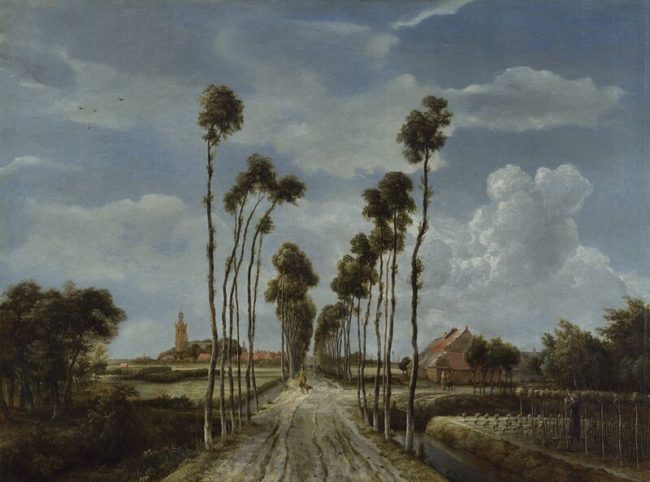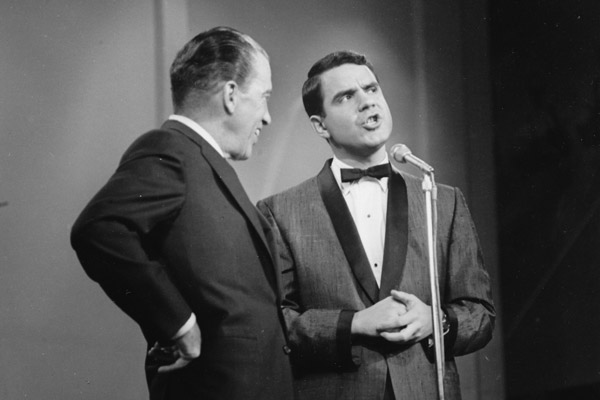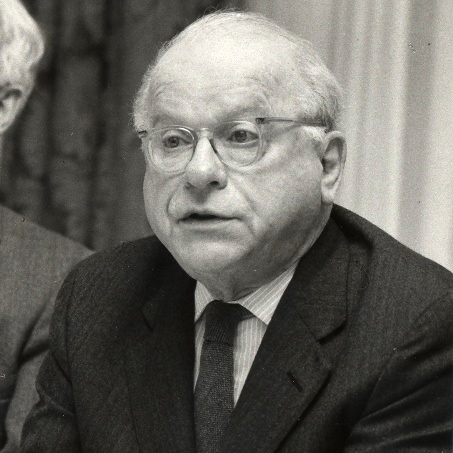So far all I know is that he taught classics (apparently) at SUNY Buffalo, was in theonomic circles for a while, and wrote one of the more amazing critiques. This is an excerpt from his piece, “Meet the Theonomists” (which is a good read):
SPACESHIP MOSCOW
Twelve years ago, the Rev. Douglas Wilson was quite literally a nobody from nowhere, the pastor of the then Community Evangelical Fellowship in undistinguished Moscow, Idaho, home of his alma mater, University of Idaho. Wilson, the son of the Rev. James Wilson, the local Evangelical Free Church pastor, was, in his father’s mode, an Arminian evangelical. His church was a 1970s-style college fellowship, the pastorate of which he had inherited in the late 1970s, when the previous pastor moved on and Wilson, the guitar leader, was elected his replacement by acclamation, without seminary training, but with a MA degree in Philosophy. Wilson proved a competent replacement, and in 1981 his church started Logos School, the progenitor Christian school in their “Classical Christian School” movement, dedicated to “recovering the lost tools of learning” along the lines of the medieval trivium, following the lead of a famous essay by this name written in the 1930s by the late British mystery novelist Dorothy Sayers, which Wilson himself (who also holds a degree in Classics) later expanded into a book. The school emphasized logic, Latin, etc., as well as theology, and fit well into the university atmosphere of the Moscow, Idaho/Pullman, Wash. (University of Idaho/WSU) environs. Neither the school nor Wilson as theologian gained much influence outside of this area, however, throughout the 80s. Then, in the late 80s, Wilson chose to preach a sermon series on Romans, and through his studies therein, was converted to Reformed soteriology. This event might well have had little effect beyond his local preaching but for reasons I do not understand, Wilson chose to expand his efforts, and quickly began to seek to expand his teachings and influence outside of his local area. I do know that Wilson, presumably in a worthy effort to learn more about the Reformed faith he had recently embraced, began various correspondences with Reformed thinkers elsewhere (James Jordan was briefly one of these), and soon Wilson was joined at his church by Douglas Jones, OPC elder (?) who had been associated with Greg Bahnsen and his ministry in Southern California. Jones became and in my opinion remains the intellectual engine behind the Moscow church; through his influence Wilson would eventually embrace covenant paedobaptism and even become a popularising author advocating the “Thousand Generation Covenant” paedobaptist promise.







